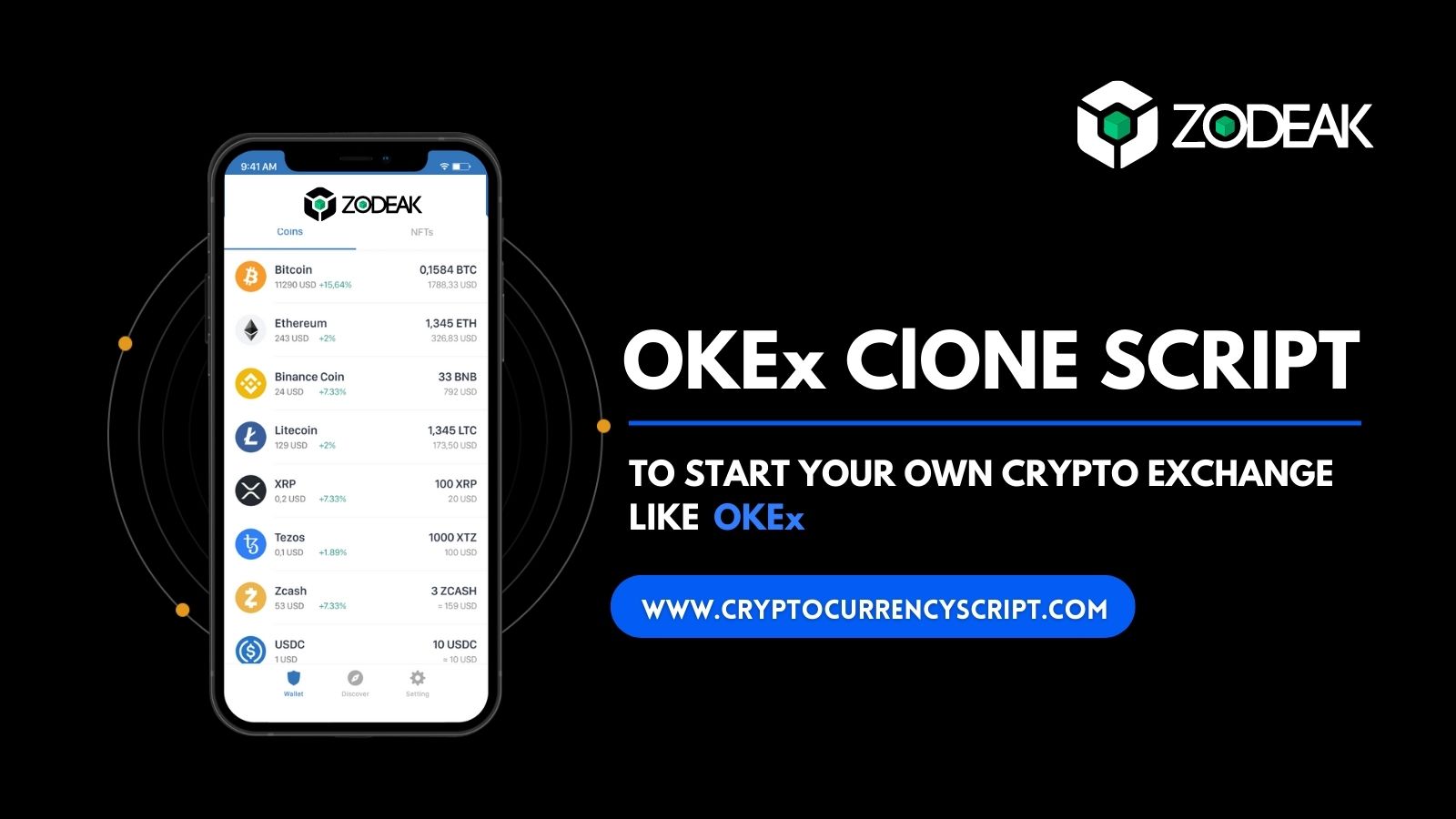Most conventional investment providers do not offer exposure to cryptocurrency for trading purposes, in contrast to stocks or bonds. As a result, cryptocurrency exchanges were created to provide investors with an easy way to purchase digital assets.
The amounts of tokens supplied, other available services, and security vary greatly throughout these exchanges, even though most of them have similar features like spot markets for tokens like ether and bitcoin. Furthermore, some companies follow the conventional centralized corporate structures while others adopt the decentralized culture of the sector by not giving the impression that any one person is in charge.
Now let’s take an in-depth look at both centralized and decentralized exchanges that crypto exchange investors should know about
Centralized Crypto Exchange Investors
For centralized exchange, Binance, Coinbase, and Kraken are the excellent examples. These choices are often preferred by new crypto exchange investors because they provide customer services, the capacity to correct mistakes or hacks, and a degree of investor protection that decentralized exchanges are unable to provide.
For example, staff on each of these platforms verifies tokens before listing them to make sure they are safe and legitimate. Listings are not vetted on decentralized exchanges. Numerous services provided by these groups are similar to those found at conventional brokers and exchanges.
Centralized Exchange Fees
A significant amount of money is made by centralized exchanges from the fees they charge to carry out activities like trades and withdrawals. It is noteworthy that exchange fees can differ significantly, with larger and more frequent users incurring lower rates. Some crypto exchanges levy fees that are unexpected given the average cost of trading stocks is almost )%, especially on traditional exchanges. For example, can average 0.5% for investors placing orders up to $10,000.
Funding
To transact, novice traders must transfer fiat money onto an exchange. This process which is referred to as financing an account, is comparable to what is done at conventional brokerage firms. Credit cards, debit cards, bank transfers, and wire transfers are typical methods used to fund these accounts.
Involved Risks
IRA Financial Trust ($37 Million), BitMart ($150 Million), AscendEX ($80 Million), Binance ($40 Million), Crypto.com ($34 Million), and other cryptocurrency exchanges have all experienced attacks and breaches. This is on top of the multi-billion-dollar meltdowns that occurred at lending firms like Celsius and BlockFi that provided certain brokerage services, or at exchanges like FTX and Voyager.
To exacerbate matters, the great majority of crypto investments are not protected by the same insurance that covers traditional financial assets like bank accounts and securities. Investors should also be aware that most crypto exchanges, even those that do provide insurance, will not pay back users whose accounts are compromised as a result of weak password security, clicking on phishing links, or other behaviors that are deemed human mistakes.
Decentralized Exchanges
Ever since their introduction in 2018, DEXs, or Decentralized exchanges have seen a sharp increase in popularity. The most popular brands include SushiSwap, UniSwap, Curve, PancakeSwap, dY/dX, and Balancer. Using no conventional company structures, these platforms seek to mimic the services offered by the previously mentioned centralized exchanges (CEXs).
Thus, the original development teams of these platforms and their user bases tend to be more tech-savvy and inclined toward the decentralized spirit of cryptocurrency. For example, credit/debit cards and conventional bank accounts cannot be used to finance DEXs. In most cases, traders must purchase cryptocurrency on their own and link a wallet to take part such as the software-based MetaMask Wallet or the Hardware wallets made by Trezor and Ledger.
Since there are no gatekeepers to stop fraud or duplication, DEXs often list a far larger number of tokens than CEXs. Users frequently use these platforms to trade exotic cryptocurrencies or when they are unable to access standard exchanges in their native market. Actually, DEXs use a liquidity provisioning mechanism called automated market makers as opposed to the conventional order book model of centralized exchanges.
Ability to earn native governance tokens like uni (UniSwap), aave (AAVE), and curve (Curve) as compensation for involvement in another advantage of using DEXs. In addition to trading these tokens, holders can vote on important proposals for their linked platforms like whether to launch on a new blockchain and propose new features.
But there are also a lot of hazards associated with DEXs. For example, they can be hacked or manipulated because they are essentially software programs. The only option left to victims is frequently to directly bargain with hackers to get some of the money back. Furthermore, despite their claims to be fully decentralized, many DEXs can be more centrally organized than they first appear to be.
The Securities and Exchange Commission (SEC) has been examining the decentralized finance (Defi) ecosystem which encompasses decentralized exchanges and decentralized lending protocols. Even if these platforms cannot be completely shut down, a regulatory crackdown can nevertheless impair their operation or reduce demand for them.
Conclusion
Being able to quickly adapt is essential for crypto exchange investors to keep ahead of the always-changing market. If you don’t, rivals are likely to and you’ll lose market share. Numerous industry professionals dedicate lengthy hours and days to refining the technological components of their operations to stay abreast of the constantly changing business environment.
In the upcoming years, Crypto exchanges certainly become more and more valuable. With the increasing awareness of cryptocurrencies among the general population, these exchanges have enormous development opportunities. Along with the development and addition of new currencies, the market for cryptocurrencies appears to be expanding rapidly. By 2025, a significant number of cryptocurrencies are expected to be listed on exchanges.
Markets for cryptocurrencies such as Bitcoin and others have already attracted a sizable number of crypto exchange investors. However, since the market is still new, those who enter it at the appropriate time or even very near it–and exercise extreme caution stand out to benefit greatly.
Today, you can assist your business to unparalleled heights by creating your crypto exchange business. To do that you need to hire a reputable Cryptocurrency exchange development company like Zodeak.
Do talk with our experts to know more regarding the crypto exchange and get a free demo





